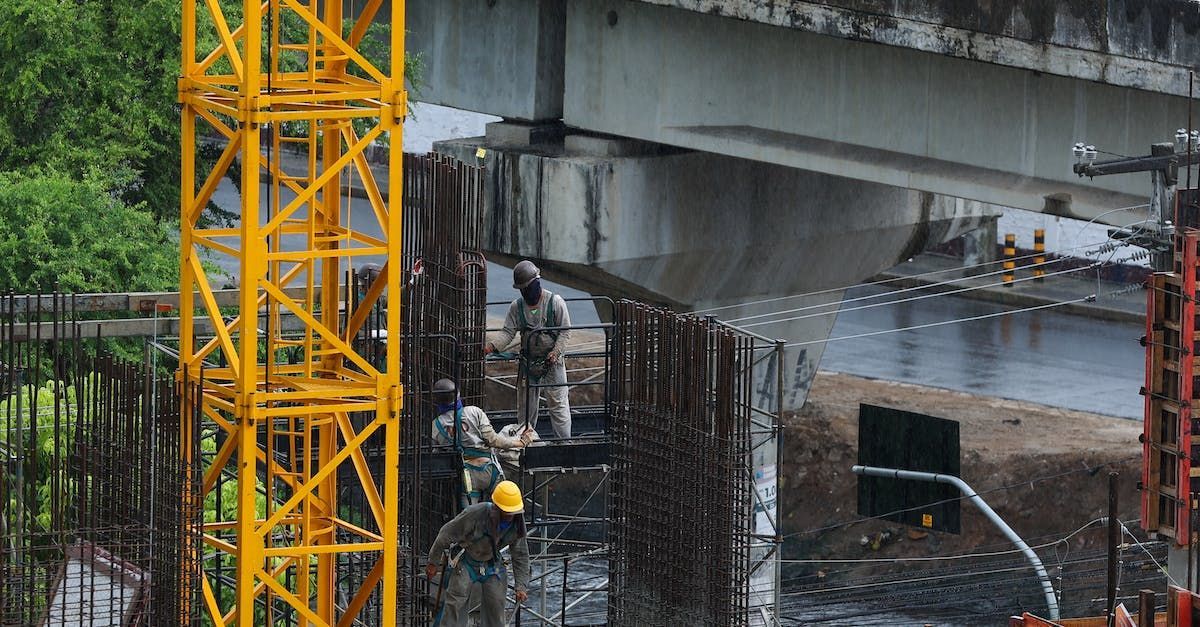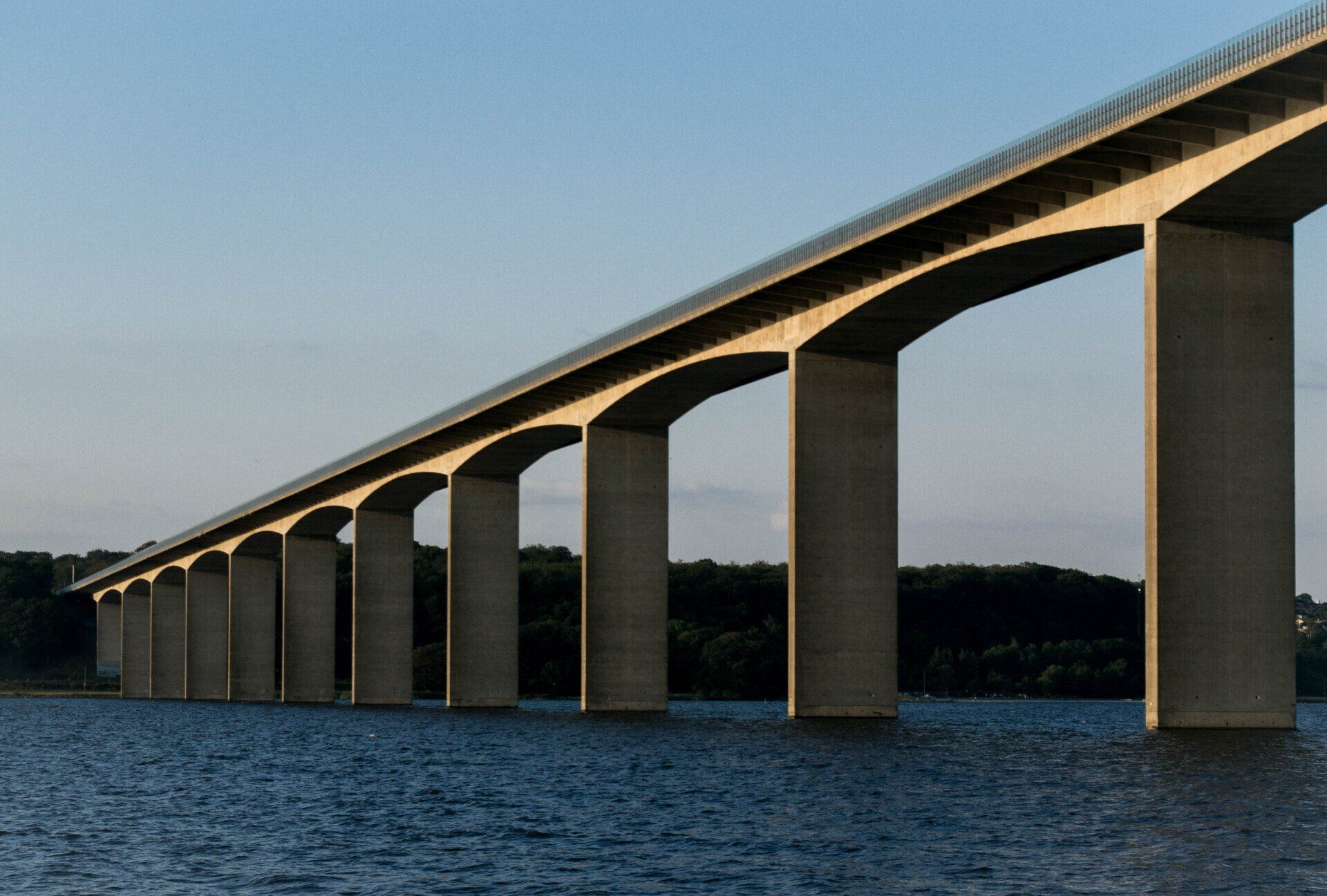California Resources
Welcome to the California Resources page, below you will find key information relating to California's Infrastructure grants and allocations.
Bipartisan Infrastructure Law in California
In the state of California, there exist 1536 bridges and over 14,220 miles of highway that are currently in poor condition. To address this infrastructure challenge, the Bipartisan Infrastructure Law has been enacted, which includes the most significant dedicated investment in bridge construction since the inception of the interstate highway system.
Through formula funding provisions, California is anticipated to receive approximately $29.5 billion in Federal highway formula funding for highways and bridges over a span of five years. This amount represents an average annual increase of approximately 44.1% compared to the State's current Federal-aid highway formula funding under existing legislation. Moreover, California has the opportunity to compete for additional funding, including $12.5 billion allocated to the Bridge Investment Program, targeting economically significant bridges, and $15 billion in national funding designated for megaprojects that will yield substantial economic benefits to local communities.
In addition to the aforementioned provisions, California can also expect to receive around $555 million in formula funding over five years to mitigate transportation-related emissions. Furthermore, an estimated $631 million over five years will be allocated to enhance the resilience of California's transportation system. It is worth noting that states have the flexibility to allocate federal aid funds towards projects focused on climate resilience and safety.
These funding allocations through the Bipartisan Infrastructure Law signify a substantial investment in California's transportation infrastructure, aiming to address the state's deteriorating bridges and highways, reduce emissions, and enhance overall resilience.
California Fact Sheet
California Resources








California News & Events







